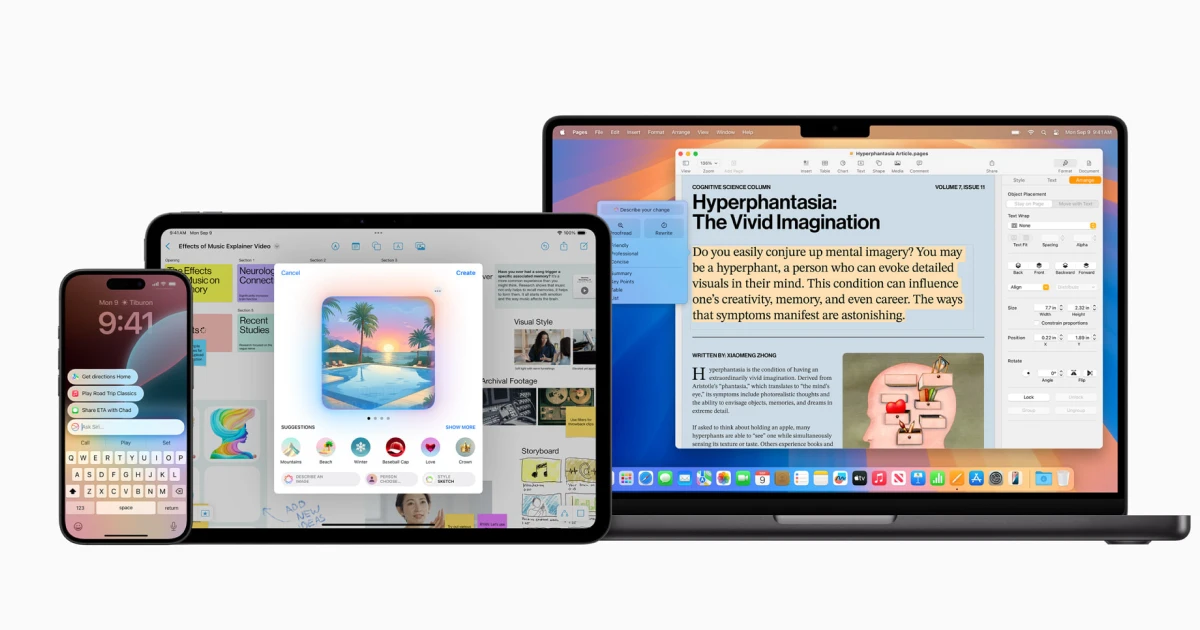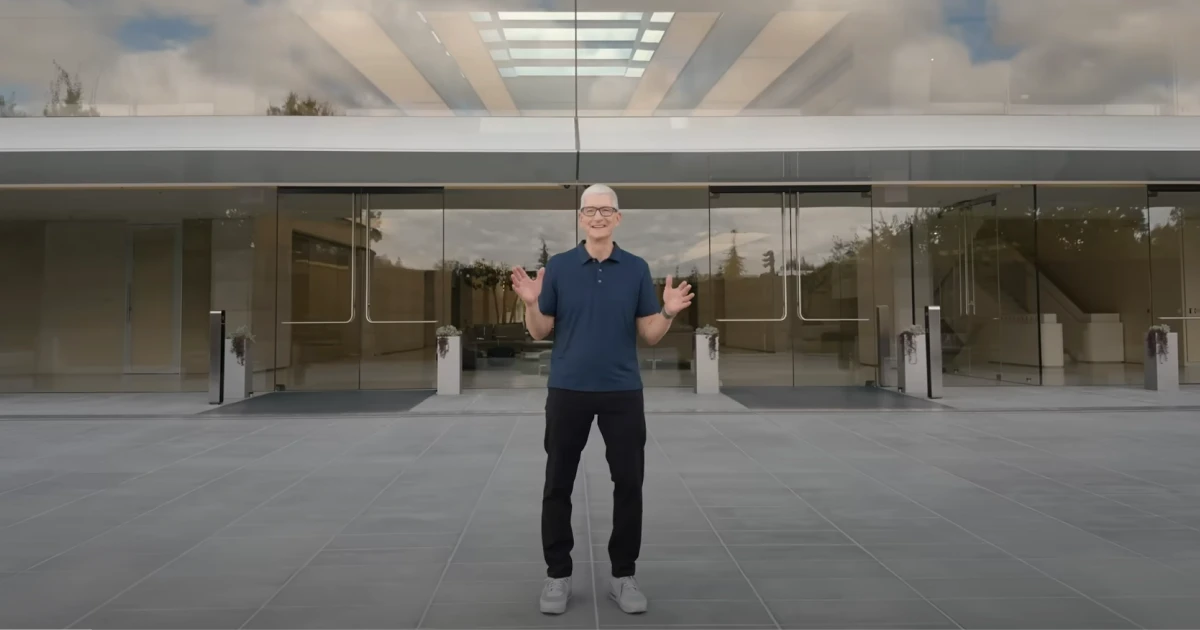even if the fall was smaller than the previous month's double-figure drop. Production for July drifted 1% compared to the same month a year earlier to 804,610 vehicles. Production in China dropped by 6%, and in Thailand, the fall was 13%.
A certification scandal in Japan and a price war in China have hardly impacted Toyota. In Japan, car production dropped 18.8% last month. This fall was due to uneven certification applications by Toyota and other car production companies.
In China, Toyota car production fell by 21.7% last month. Domestic EV makers like BYD have quickly gained market share and cut prices. Also, car production took hits in Europe and North America, falling by 6.2% and 6.6%. This fall was due to fewer production days compared to last year. So, Toyota caused a 5.1% drop in global sales in June. China and Japan were the principal drags.
Due to problems with the airbag deployment, the Toyota SUV and Toyota Hybrid were recalled. The airbags may not work and could deploy outside the window. About 145,254 models from Toyota SUV and Toyota Hybrid were declared recalled in June. Models like Toyota SUV and Toyota Hybrid like Tundra and Lexus LX600 were equipped with V35A engines. The mess from the manufacturing process might not have been cleared from the engines during production and can cause a loss of power.
Despite the setbacks, Toyota anticipated to report a 21% rise in operating profit for the Q1. This rise is due to the weaker yen and strong request for hybrid cars in the U.S. In the first six months, global production fell by 5%. At the same time, worldwide sales plunged by 0.9%. In this case, it can be a balance: strategic strengths in essential markets and perfect currency conditions are the ones that keep Toyota cars financially strong.
Subscribe to our newsletter
In May, Toyota announced a new prototype with a carbon-neutral engine. This prototype can burn gasoline, hydrogen, and other fuels. The CEO, Koji Sato, declared the new model will be smaller, stronger, and more capable than the old models. `We’re serious about BEVs and we’re serious about hydrogen,` Sato said. `We believe the combustion engine still has a role to play in a carbon-neutral society, but it needs to be more efficient to survive.` Also, Toyota secured a $322 million loan for their EV battery plant in North Carolina.
Due to problems with the airbag deployment, the Toyota SUV and Toyota Hybrid were recalled. The airbags may not work and could deploy outside the window. About 145,254 models from Toyota SUV and Toyota Hybrid were declared recalled in June. Models like Toyota SUV and Toyota Hybrid like Tundra and Lexus LX600 were equipped with V35A engines. The mess from the manufacturing process might not have been cleared from the engines during production and can cause a loss of power.
Despite the setbacks, Toyota anticipated to report a 21% rise in operating profit for the Q1. This rise is due to the weaker yen and strong request for hybrid cars in the U.S. In the first six months, global production fell by 5%. At the same time, worldwide sales plunged by 0.9%. In this case, it can be a balance: strategic strengths in essential markets and perfect currency conditions are the ones that keep Toyota cars financially strong.
Subscribe to our newsletter
In May, Toyota announced a new prototype with a carbon-neutral engine. This prototype can burn gasoline, hydrogen, and other fuels. The CEO, Koji Sato, declared the new model will be smaller, stronger, and more capable than the old models. `We’re serious about BEVs and we’re serious about hydrogen,` Sato said. `We believe the combustion engine still has a role to play in a carbon-neutral society, but it needs to be more efficient to survive.` Also, Toyota secured a $322 million loan for their EV battery plant in North Carolina.














